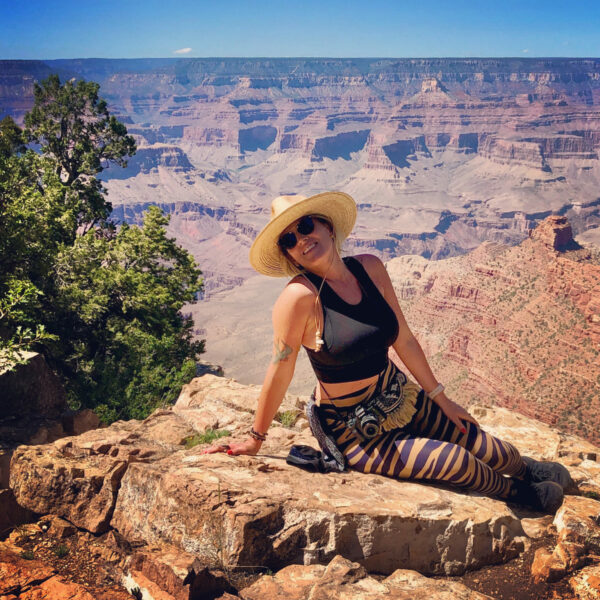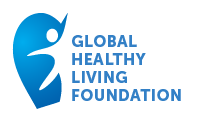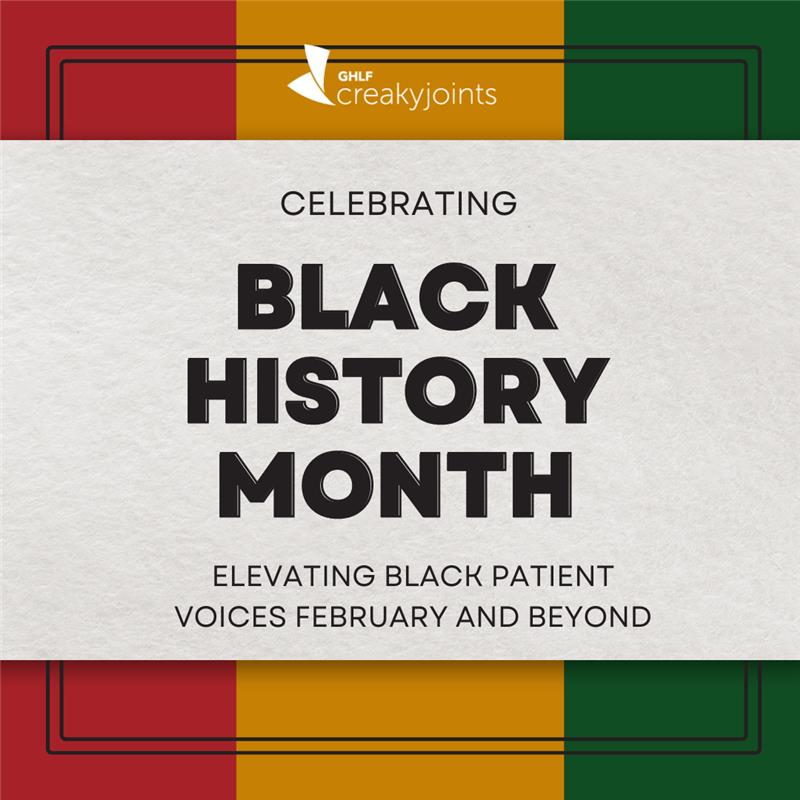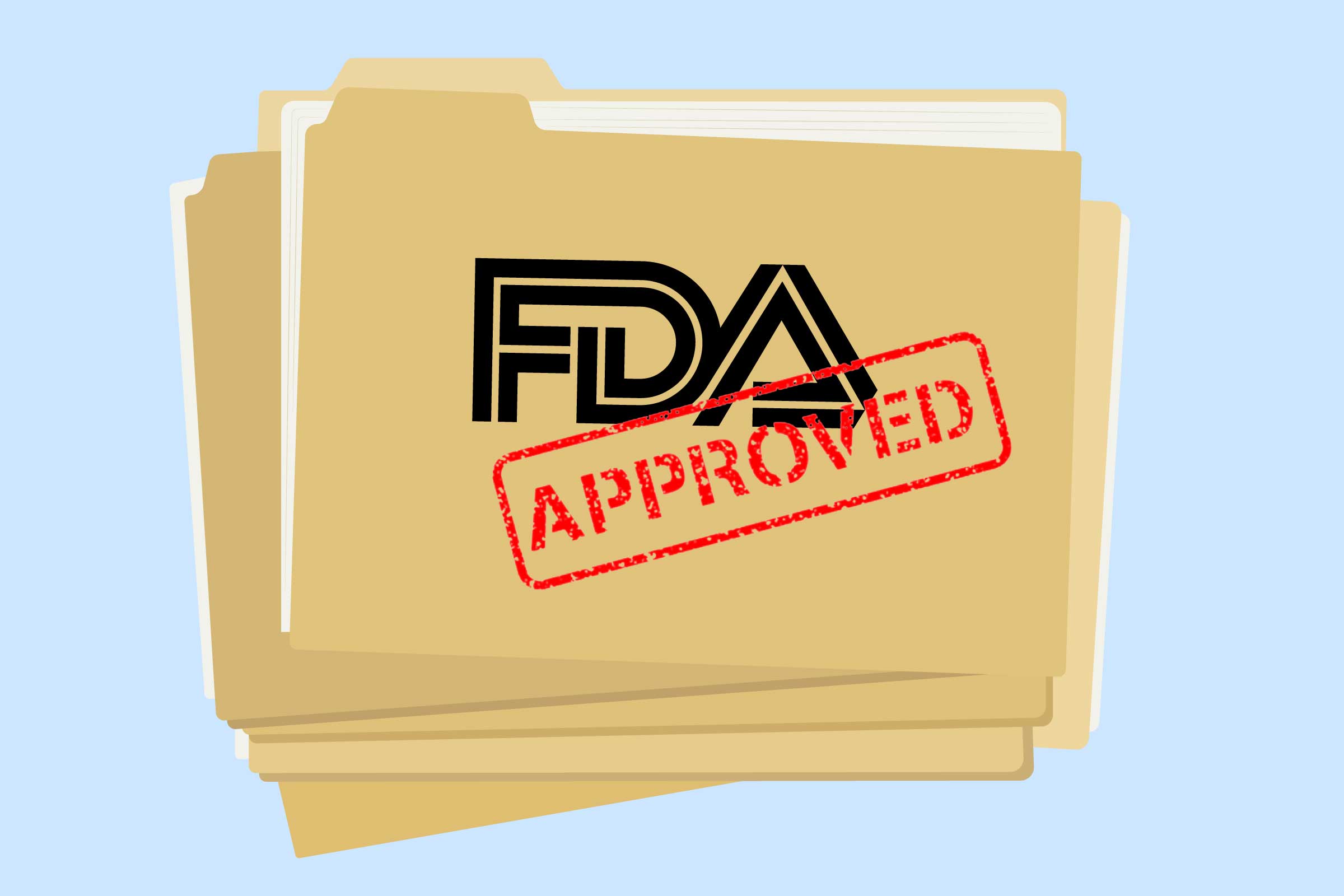UPPER NYACK, N.Y.--(BUSINESS WIRE) — ArthritisPower, leading arthritis patient registry, expands to PatientSpot, an omni-disease app as Class 1 FDA Medical Device.
CHEMO, SURGERY, AND FINALLY SOME GOOD NEWS: I BEAT TRIPLE-NEGATIVE BREAST CANCER DURING THE COVID-19 PANDEMIC
CHEMO, SURGERY, AND FINALLY SOME GOOD NEWS: I BEAT TRIPLE-NEGATIVE BREAST CANCER DURING THE COVID-19 PANDEMIC
June 29, 2020
Marisa Sullivan

Learn more about our FREE COVID-19 Patient Support Program for chronic illness patients and their loved ones.
Walking into my long-awaited lumpectomy surgery last month, I felt an eerie calmness wash over my body.
I was diagnosed with stage 2 grade 3 triple-negative breast cancer on my 40th birthday back in November and have been waiting to get this tumor out of me for six long months.
My surgery was initially scheduled a week after I got diagnosed, when doctors thought my cancer was stage 1. Then more tests came back revealing the aggressive subtype and the precise size and growth rate of the tumor, deeming it a stage 2B.
I thought I was going to get it taken care of in a flash and be on my merry little way. Not so fast. The universe and my body had other plans (yes, they’re pretty tight).
Because the cancer was more aggressive than we originally thought, I learned that I would have to do 20 weeks of chemotherapy BEFORE getting the most loathed “C”-word in the world (perhaps until COVID) removed from my body. I was devastated. I didn’t understand why I couldn’t get that sucker out right away. Some women can and choose to, but I decided to listen and trust my doctors. The standard treatment for this fast-growing cancer is neo-adjuvant chemotherapy, which means going through treatment first.
Here’s why.
First, the tumor was a little too big to do a lumpectomy and having a mastectomy would require too much healing time and perhaps could cause complications and that would risk treatment getting delayed.
Second, there is a higher chance that triple-negative breast cancer could spread by the time you find the lump compared to other types of breast cancer. Luckily, I found mine IMMEDIATELY, which is why self-exams, routine check-ups, and mammograms are lifesavers.
Third, triple-negative cannot be treated with hormone therapy like other subtypes so chemotherapy is the primary method of treatment. And luckily, it is highly reactive to chemo. Since there is a higher chance that triple-negative can metastasize, it’s very beneficial for doctors (and patients) to see how much of a pathological response the tumor has had to initial chemotherapy in surgery (or how well that the chemotherapy has worked).
Studies find that half of women undergoing treatment for triple-negative breast cancer have a complete response to the treatment, with the rest having a partial response. It can be extremely gratifying to know what you’re facing instead of wondering if the chemo worked but never knowing for sure until you get a surprise a couple of years later with a recurring tumor.
Surgery Day: A Good Omen
That morning, when my husband dropped me off at the hospital just before 5 A.M. in my lucky Jim Morrison shirt and baseball cap, I was so nonchalant about the surgery that I felt like I was just getting dropped off for a reporting gig as part of my longtime career as an entertainment and celebrity journalist. I had actually reported a lot at that hospital during various Kardashian baby births.
Only the subject this time was a bit graver: ME and MY LIFE.
I checked in and my temperature was taken at a little folding table by the elevators, a standard coronavirus protocol these days. I went up and everything went smoothly at check-in. The staff was friendly and comforting, despite the early hour and the mask-wearing society we are all a part of. I got called back and the nurses took my vitals.
My heart rate was an unbelievably calm 62 beats per minute (BPM). Here I was, about to get put to sleep to get my boob cut open in the middle of a deadly pandemic after enduing five months of chemo. I still had zero clue if I was going to live or die due to this torturous wait — and my heart rate was lower than it would be during a meditation at an all-inclusive resort in Cancun. I’m usually so paranoid that even having a UTI brings my heart rate to about 90 so this was bizarre. Maybe it was a good sign.
My anesthesiologist came in to talk with me, then my surgeon.
I told my surgeon that I had a feeling I was going to be okay because my body was telling me so. My surgeon glanced at my super chill heart rate on the monitor and looked at my anesthesiologist and asked, “Have you given her anything yet?” and the other doctor replied, “Not a drop!”
I felt calm and confident. It was unbelievable that this day was finally here, especially because many patients were experiencing delays in surgery due to the pandemic.
She injected me with the anesthesia, and I was off to dreamland.
Waking Up to Good News
When I woke up a few hours later, the nurse immediately went and got my surgeon. She came in and told me the news I had been yearning to hear for months:
“We have to wait for pathology, but I think you are cancer-free. I didn’t see anything in your lymph nodes and there was nothing left to the tumor. It all looks dead and your margins look clear.”
Ecstatic, I asked her if she could please call my mom as she was stuck across the country and frantic. My doctor starts to tell my mom how she’s never seen someone wake up from surgery and be so alert, rattling off a phone number so easily.
My husband echoed that as he saw me wheeled out into the waiting room (they had just started allowing one guest in the lobby, so the receptionist had called him to come back to the hospital). He said I looked like I was ready to party and like nothing had happened.
They prescribed me a pain reliever, but I didn’t take it — not even a Tylenol in the coming days.
My upper left breast area was tender and sore but I have a high pain tolerance and I’m very animated so I thought I would heal better if I was aware of the pain, before accidentally busting out in jumping jacks or a pirouette during one of my lively stories if I was feeling too good.
I was relieved and excited, but I knew that I had to wait for pathology to celebrate. Two sentinel lymph nodes were removed and sent for biopsy, along with the rest of what they had taken out.
Being able to feel my tumor in my breast was both a blessing and a curse throughout my treatment. I could feel it getting smaller at first, which was extremely comforting but then it began fluctuating from what I could feel. It was especially hard not to freak out toward the end of my treatment when the size of the tumor didn’t feel that much smaller. I was under the impression that it would just disappear after a few treatments and when it didn’t, I was unsure at times that the treatment had even worked.
My confidence was not as strong as it was in the beginning of my chemo. That’s why when I felt my body so rested on the day of my surgery, I took it as a sign that this evil intruder was gone.
And my body was RIGHT!!!
My New Identity
One agonizing week later — after some mild celebrating in a parking lot in Venice Beach over Memorial Day Weekend since everything was closed except for takeaway food and drinks — my doctor (a.k.a. my savior) came into the exam room and told me that I’d had a complete response to the chemo.
The tumor was completely gone. The “lump” I had been feeling for weeks was simply scar tissue and dead cells.
It was such a surreal moment that I didn’t even get emotional. Perhaps because my body already knew, perhaps because I was shell-shocked from going through this battle, perhaps it was because the world was still a disaster between the virus, the political warfare, and the murder of George Floyd that had just happened.
It took me awhile to realize what I had gone through, almost as if I’d had an out-of-body experience. I was still not ready to feel my emotions.
I still can’t believe it. I am a cancer survivor.
This was a very aggressive breast cancer, I had to endure treatment during an unprecedented pandemic, and I was told that I could not have gotten a better outcome.
I went down to the parking garage and woke up my napping husband in the car with the official news. He sobbed and covered his face from my video that was sure to be published on Instagram in less than .07 seconds.
We pulled off on a Beverly Hills side street and called my mom.
“I’m F*CKING cancer-free!” An alarmed senior in a car across the street whipped his head, frowning at the ruckus but then cracked a smile at me when he deciphered why I was swearing like a lunatic.
We got home to an empty apartment as I had thrown everything in storage prior to surgery, knowing that I could finally hit the road to see my family after months of quarantining from cancer and COVID.
Using My Light
My new chapter has begun. We left with packed cars to drive across the country to Florida for the time being, just as riots had begun in my downtown L.A. neighborhood during protests over racial injustice and police brutality.
The world has not been very welcoming these days. People are dying from an unarmed viral enemy and because of the color of their skin. Not to mention cancer and other chronic diseases.
I may be experiencing a sliver of survivor’s guilt for my own personal victory and feeling the need to celebrate but I must focus on myself for now, and allowing me to heal mentally, physically, and spiritually. I keep reminding myself that there’s nothing wrong with that and that I deserve it.
It was difficult for me to find success stories of women with triple-negative breast cancer while I was going through all of this. It’s not that there aren’t people beating this disease daily, it’s just not out there prominently on the web and there isn’t much info about this topic in general.
I’ve been sharing my story with the Global Healthy Living Foundation because I want others out there to see my story and know that there is hope in coming out on the other side.
I will continue to take the world by storm and do what I’m meant to: Help spread love and awareness by using my light, my fighting spirit, and my story to uplift others and see where it takes me on this next chapter of extreme gratitude and fulfillment.
Get Free Coronavirus Support for Chronic Illness Patients
Join the Global Healthy Living Foundation’s free COVID-19 Support Program for chronic illness patients and their families. We will be providing updated information, community support, and other resources tailored specifically to your health and safety. Join now.
Bagegni NA, et al. Clinical Outcomes With Neoadjuvant Versus Adjuvant Chemotherapy for Triple Negative Breast Cancer: A Report From the National Cancer Database. PLoS One. September 2019. doi: https://doi.org/10.1371/journal.pone.0222358.
SUBSCRIBE TO GHLF
RELATED POST AND PAGES
_
Was this article helpful?
YesNo


